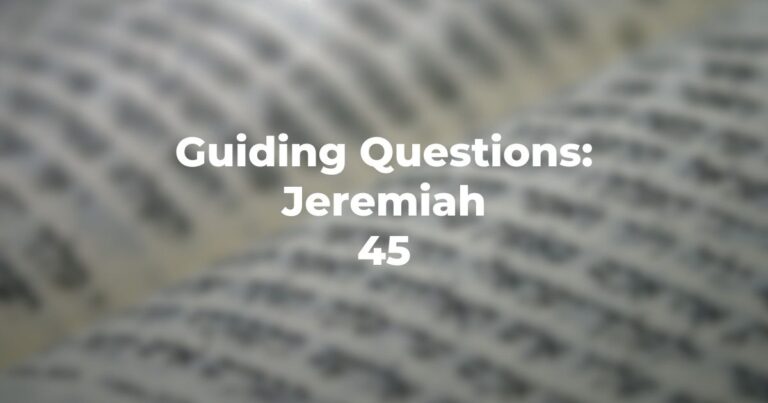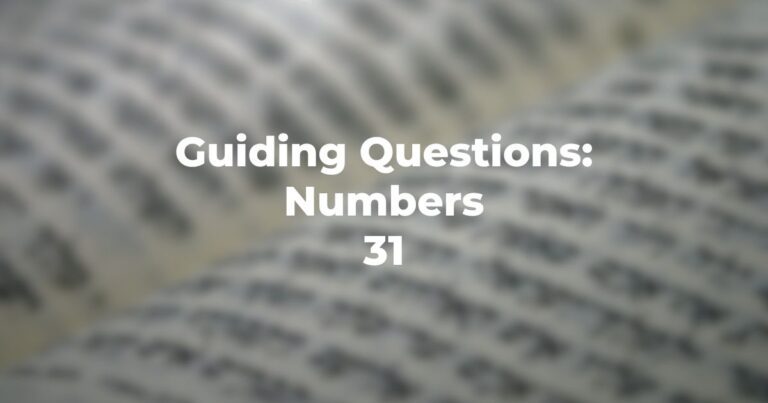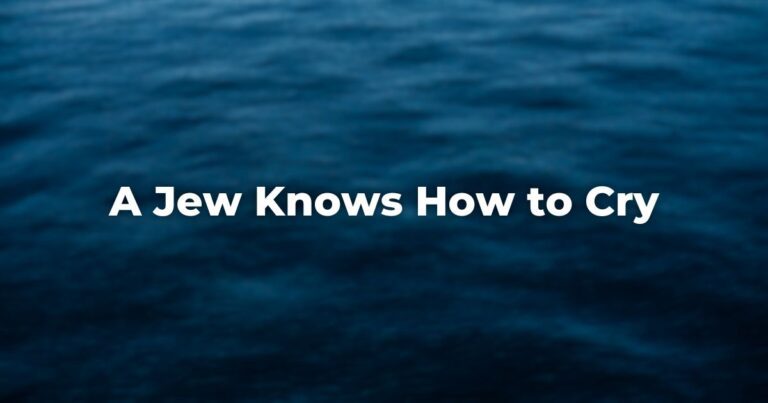- Why, of all of the “unusual events” (usually referred to as “miracles”), is the only “song of praise and/or victory” for the event at the Reed Sea — no reference whatsoever to any response from either Moses or Aaron or, for that matter, the Israelites in connection with what had happened in Egypt itself or on the night of Passover?
- Is the basic description of Divinity in this “song” as a “warrior,” and/or as a redeemer and/or as one who avenges injustice when human means cannot do so?
- Does this particular song represent joy, but without blood loss?
- Is Aaron one of those who is recorded as having “offered praise” and/or is he embraced in “B’nai Yisrael?”
- In the second (much more brief) song led by Miriam, does this reflect that women, who were the “savers” pre Mosheh still have a role to play?
- And, does this passage indicate that celebration and praise are to be led by the informed?
- Further, what would this imply as to the attitude towards dancing and instrumental music as a mode of offering of praise?
- Why is Miriam referred to as “sister of Aaron” and not sister of Moses?
- And, is there any explanation afforded as to why she is called “Haneviah” (the prophetess)?
- Who is the “hero” of Az Yashir?
- Is there any note of vengeance in this particular song?
- Does Miriam ask permission of Moses in order to lead the women in song and dance?
- In Exodus 15:20-26 does the text imply that joy can be short-lived and does not compensate for adversity?
- And, does this passage indicate that the slave mentality of reliance remains persistent?
- The instruction to appropriate conduct evidently begins early, and does text indicate that it is not necessary to have “optimum circumstances” for such instruction?
- Does text indicate that the motivation to encourage people to assume a life style begins with the promise of personal satisfaction?
- And, does this passage emphasize the TorahRefers to the first five books of the Hebrew Bible, the Tanakh, also called the Five Books of Moses, Pentateuch or the Hebrew equivalent, Humash. This is also called the Written Torah. The term may also refer to teachings that expound on Jewish tradition. Read more notion that God’s “caring” is constant?
- Is a “midbar” a desert or a wilderness?
- Does Mosheh seem to know the best route?
- How is the plaint of B’nai Yisrael different in tone now from the plaint pre-Yam Suf?
- What is left out of their complaint now?
- Who was given rules and regulations?
- Who was the speaker in Exodus 15:26?
- Does “mahalah” mean sickness here or a “sick society” and does “rofekha” mean only (especially) medical care?
- Could Marah hint at a meaning other than bitter (i.e. — horaah — instruction)?
Author
-

Exploring Judaism is the digital home for Conservative/Masorti Judaism, embracing the beauty and complexity of Judaism, and our personal search for meaning, learning, and connecting. Our goal is to create content based on three core framing: Meaning-Making (Why?), Practical Living (How?), and Explainers (What?).
View all posts




